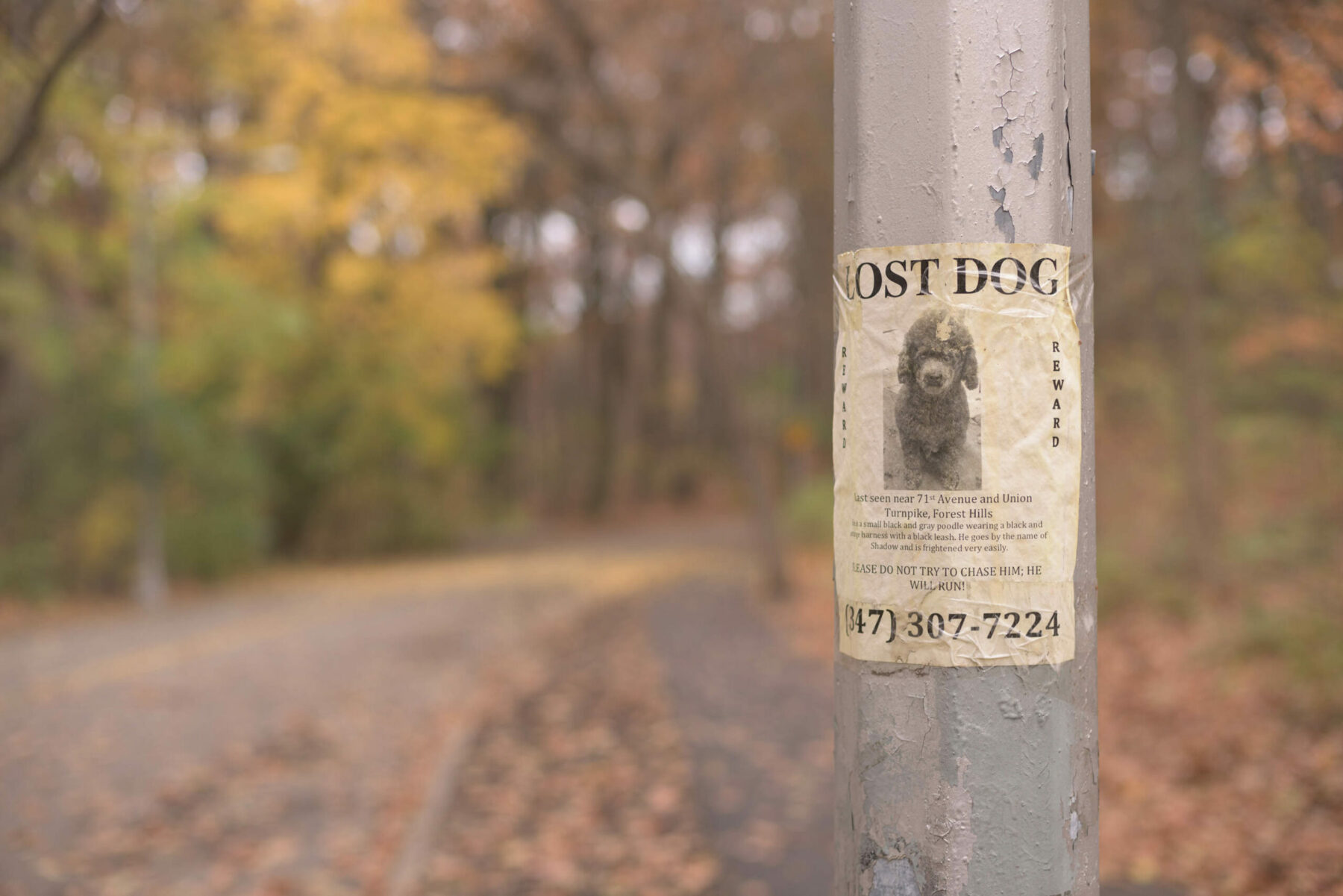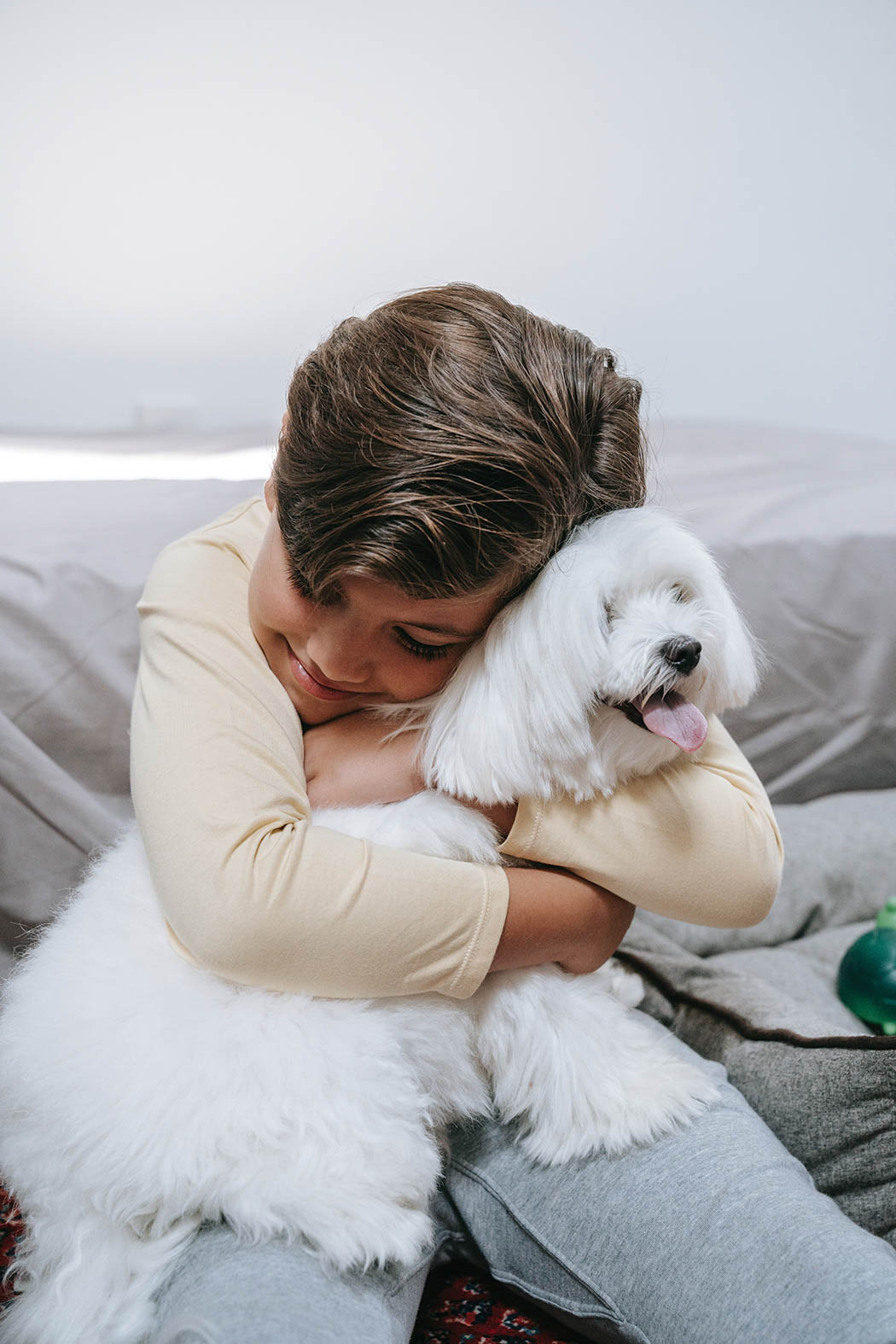Reuniting Families with Austin Lost & Found Pets

For many, losing a pet is equivalent to losing a family member. There are enough stressors in everyday life, but losing a pet should not be one of them.
That is why Austin Lost & Found Pets (ALFP) is dedicated to do everything in their power to help. ALFP is a nonprofit organization that connects lost pets with their owners. From searching the streets to making flyers to working with foster families, ALFP does it all.
Rachel Bullion has been an ALFP administrator for about six years and is dedicated reunite pets with their families. Bullion joined the organization in 2016 when her indoor cat was lost for almost a week. With the help of the ALFP team, she was able to make up for lost time with her cat and decided she wanted to be a part of the mission to bring other pets home.

“It’s the best feeling in the world when someone calls you crying because you’ve just sent them a picture of their pet that we found,” Bullion says. “All the stress and anxiety they’ve been feeling is instantly turned to gratitude and relief.”
ALFP was started in 2012 by Stephanie Martens whose dog was an escape artist. After countless times losing and finding her dog, she decided to start ALFP.
The organization is purely volunteer-based, with nine administrators and three moderators. However, with that many people, it would be almost impossible to run the organization — this is where the Facebook group comes into play.
Bullion says when she first started working with ALFP, there were only about 5,000 members in the Facebook group, but now there are over 50,000. With the help of the Facebook group, Craigslist and Nextdoor, ALFP has been able to help thousands of families reunite.
ALFP recommends six things to do on your own to begin searching for a lost pet:
- Put dirty laundry outside of your house. The scent might attract your pet, as lost pets have often been found lying on the pile of laundry the next morning. Do not put food or litter out, as this can attract predators that may scare your pet away.
- Check all local shelters. ALFP emphasizes the importance of not only looking at shelters nearest to you, as your pet might be farther away than you think. Checking shelter databases and visiting in person could help you find your pet quicker.
- Post in the ALFP Facebook group. Include as much information as possible — things like a picture of your pet, last known location, date of disappearance, breed and temperament of the pet, and your contact information.
- Post about your lost pet on Nextdoor and Craigslist. This will help include more people in the search and spread the word to speed up the process.
- Consider making flyers. Although ALFP will help you make flyers and posters, it is also worth making your own and hanging them up in the area to reach more people.
- Use the microchip. If your pet has a microchip, confirm with the manufacturer that it is registered. If someone finds your pet and scans them for a registered microchip, it will be much easier to reunite you with your pet.
If your pet has been lost for a long period of time, it does not mean they are gone forever. Bullion explains that certain pets are harder to find than others, with some even taking months to find.
“If a dog is timid, it can take weeks or even months — usually with sightings and trappers involved,” Bullion says.

Although losing a pet is never easy, it’s important not to give up hope. With dedication and the help of the community, pets that have been lost for years were able to reunite with their families. One family’s cat was even missing for four years. Thankfully, the cat had a microchip and was able to be reunited with its family who moved to Missouri.
Between the administrators, moderators and Facebook group, ALFP has been able to help countless pets find their way home. With the group constantly growing, Bullion and the rest of the team continue to work hard on organizing the group and making the process more efficient. Because ALFP does not keep records, it is impossible to know exactly how many pets have been found, but this organization is dedicated to keeping that number growing.
“I would guess that I’ve personally helped at least 1,000 pets get home,” Bullion says. “ALFP, in general, has helped probably 10 times that amount over the years.”
If you or someone you know has lost or found a pet, you can contact ALFP through their website or Facebook group, and they will help you begin the search to reunite.






